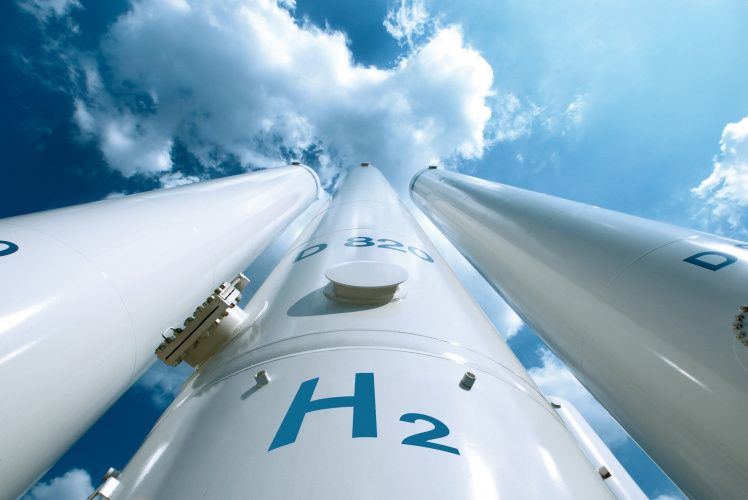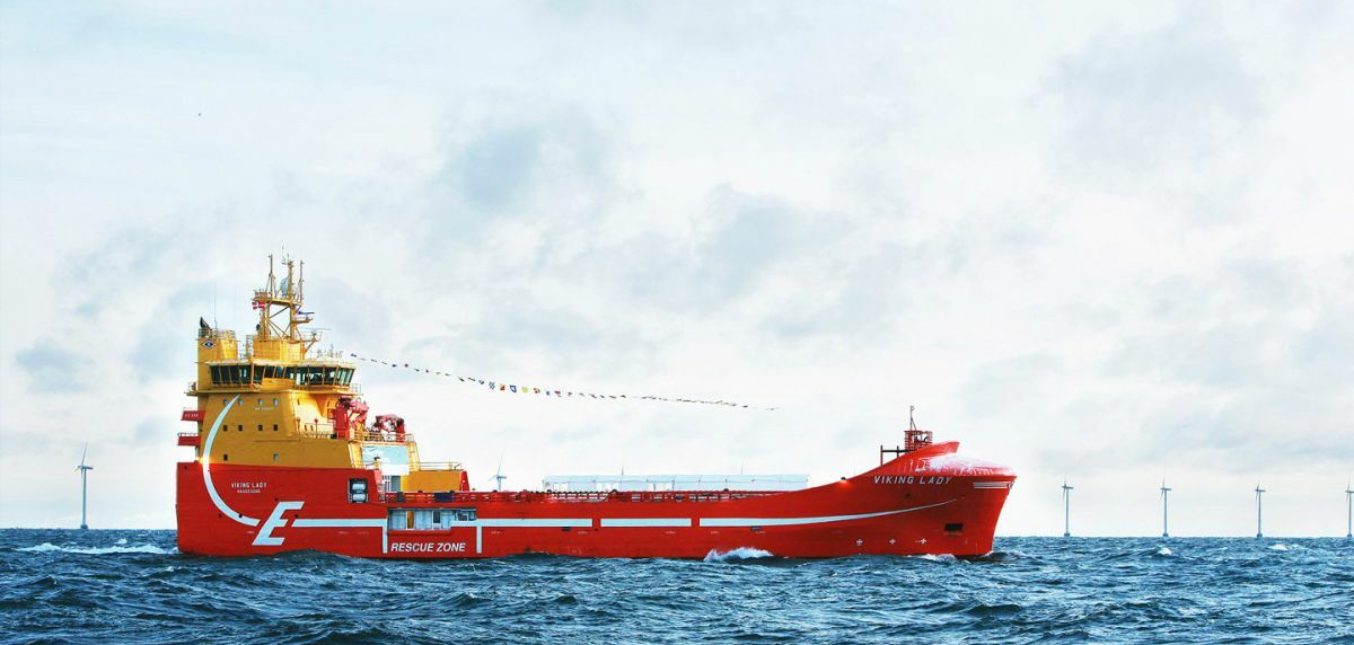Nel Hydrogen and other two companies have joint to form Hyon AS in order to collaborate on two hydrogen fuel-cell vessel projects aimed at producing zero emissions. One is Project ZEFF, a zero-emissions fast ferry and another, Project Seashuttle, is a zero-emissions coastal container ship with automated cargo handling.
Both projects are among six that won backing under the Pilot-E initiative, a more than €100M (US$110M) scheme involving Norway’s Research Council, Innovation Norway, and Enova. Pilot-E is aiming to speed up the development of zero-emissions technology. Norway already has regulations in place that require vessels operating in its fjords to be emissions-free by 2026.

“What is not generally known is that hydrogen is a giant, global business, with daily consumption and handling of about 70M tonnes for industrial processing,” explained Mr Tronstad. He said what is new is its use for electricity storage and energy in transport.
Mr Tronstad has a deep knowledge of fuel-cell development in the maritime environment, having served as project manager for the industry research project FellowSHIP, which began exploring the use of maritime batteries and fuel cells in 2003. The first prototype marine fuel cell was installed in Eidesvik Offshore’s platform supply vessel Viking Lady in 2010.

